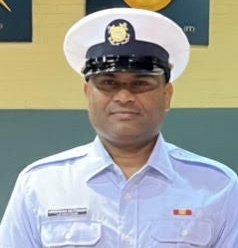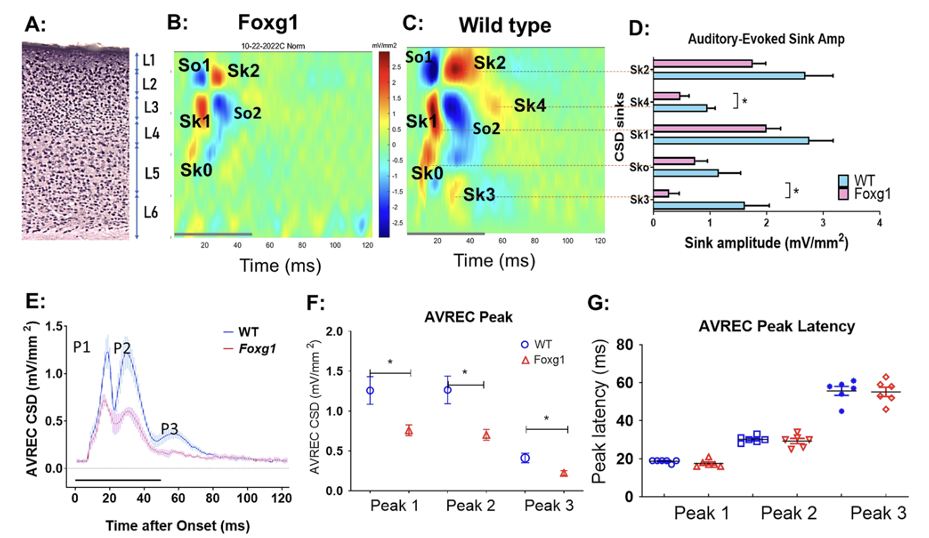Our Research on Hyperacusis
Thanks to the generosity of Hyperacusis Research and other donors, Hearing Health Foundation funds groundbreaking research through our Emerging Research Grants (ERG) program to advance our scientific understanding of hyperacusis.
ERG scientists working in this area have made tremendous strides toward a better understanding of the mechanisms, causes, diagnosis, and treatment of hyperacusis.
For details on projects funded by Hyperacusis Research, HHF's primary partner in funding hyperacusis research since 2015, please click here.
A 1978–79, 1988, and 1990–1992 ERG scientist, Richard Salvi, Ph.D., of the University at Buffalo, presented a research webinar on the topic of hyperacusis in January 2023. He discussed developing behavioral animal models of hyperacusis and how these models provide researchers with powerful new tools to investigate the biological mechanisms behind hyperacusis while providing a platform for assessing the efficacy of drugs to treat the condition. Read a transcript and the bibliography here.
HHF offers general information only and does not offer medical advice. Please consult your hearing care professional with any specific questions about your auditory health and healthcare.
This page was produced with input from our partner Hyperacusis Research, updated March 2024.
Learn More
On this Veterans Day and every day, Hearing Health Foundation (HHF) thanks our U.S. service members and veterans for their sacrifices. This group is disproportionately at risk for hearing damage, but earlier this year changes to how tinnitus is rated as a compensable disability were proposed.
Our partner Hyperacusis Research recently hosted a webinar that highlighted both the human impact of hyperacusis—pain triggered by everyday sounds—and the scientific progress being made to understand and treat it.
My focus is studying pathologies following noise overexposure. This includes noise-induced hearing loss and pain hyperacusis. I specifically look at how the immune system interacts with the neurons of the ear after noise.
This study shows that a single variant in the Foxg1 gene can affect how the brain processes sounds and lead to a heightened sensitivity to noise.
Our data showed that introducing the mutated nicotinic receptor into otherwise healthy ears can prevent, to some extent, permanent auditory damage caused by loud noise and accelerate hearing recovery.
What I have discovered is that unlike many other disabilities and chronic conditions, there are no anthologies or collections of personal stories published in book form about hyperacusis. So by publishing this book, I hope to develop greater awareness and understanding about hyperacusis.
There has been a lot of news lately—in the hearing health space—that we want to highlight, from dementia research to ways to alleviate motion sickness and improve speech comprehension.
The brain may help regulate the ear’s sensitivity to sound and compensate for hearing loss by sending signals to the cochlea, a structure in the inner ear. This discovery could pave the way for new treatments for challenging hearing disorders such as hyperacusis and tinnitus.
After the marriage he confided to my mom that he had developed a mild to moderate sound intolerance from frequent loud exposures in his construction job, from bulldozers, claw hammers, jackhammers, etc.
Sound hypersensitivity disorders are conditions that disrupt a person’s ability to participate in normal daily activities due to physical discomfort, emotional distress, or excessive fear triggered by everyday sounds.
Learn More:
What Is Hyperacusis? Types of Hyperacusis
Treatment for Hyperacusis
Our Research on Hyperacusis












Often these surprising sources of loud sounds come about from a misguided belief that loud means fun—the louder it is, the more festive. The good news? Because the decibel scale is logarithmic, turning it down even a little can help save our hearing a lot.